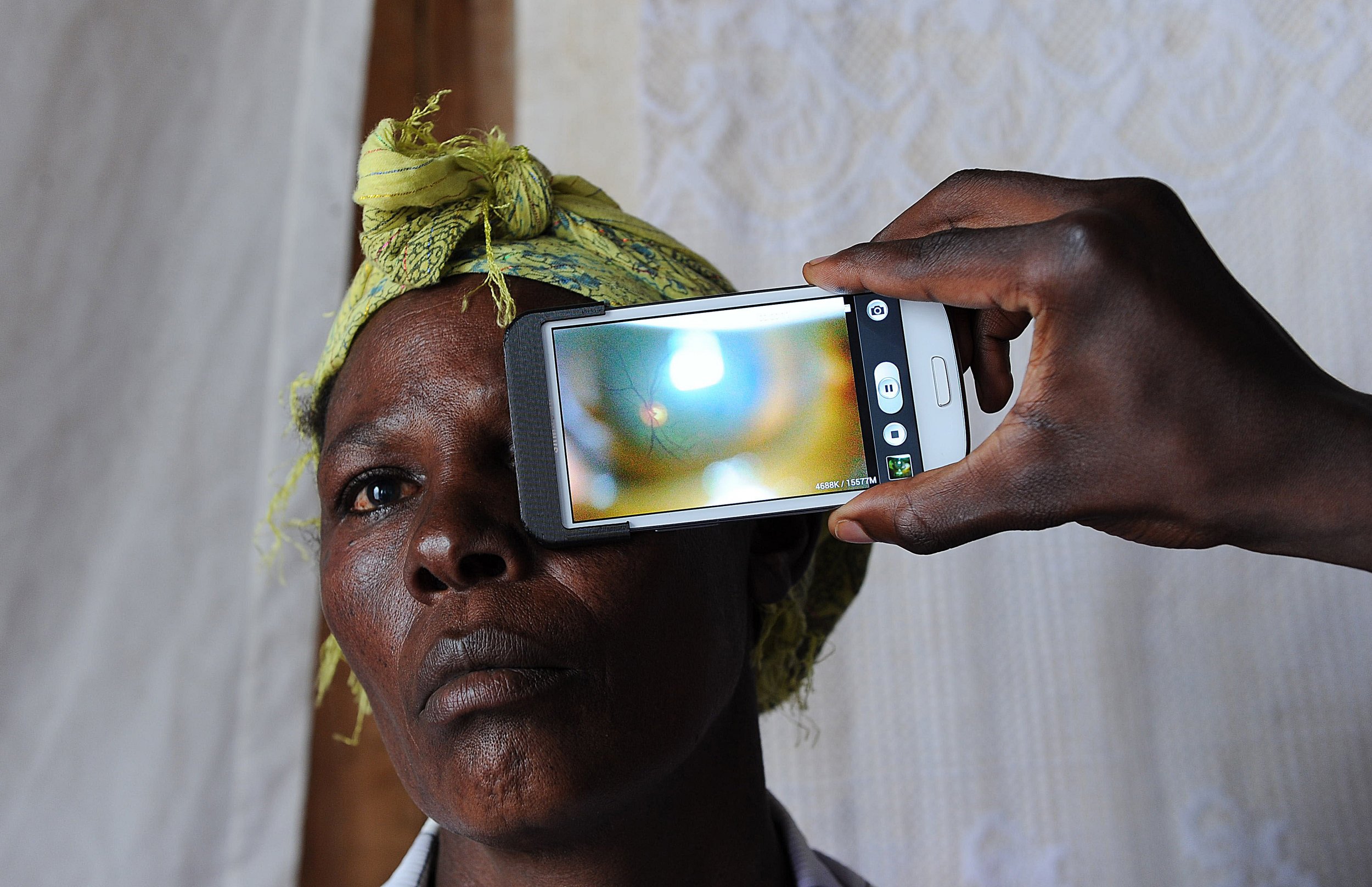By Ayotunde Abiodun
The West Africa region grapples with a myriad of security challenges from terrorism, insurgency, human trafficking and organised crime.
These issues profoundly affect the region’s stability and its most vulnerable groups, particularly women.
Gender imbalance in the second most populated region in the continent remains a persistent issue that further exacerbates security concerns, as women and girls often bear the brunt of conflict, displacement, and economic instability.
However, the rapid rise of Artificial Intelligence (AI) offers a new frontier of hope, both for improving general security and addressing the deep-rooted gender imbalances. One of the most promising uses of AI in the region is its ability to predict, prevent, and respond more precisely to security threats.
AI systems can analyse vast amounts of data—ranging from social media activity to satellite imagery—to identify patterns and anomalies that may signal impending threats. By predicting the movement of terrorist groups or identifying areas where crime rates are increasing, AI can enable governments and security forces to act swiftly and effectively.
Nigeria, facing ongoing attacks from Boko Haram and other insurgent groups, could leverage AI-powered tools to monitor its activities in real-time. Drones equipped with AI can be deployed to gather intelligence in remote areas, while machine learning algorithms can analyse intercepted communications for signs of coordinated attacks.
AI could also aid in resource allocation, ensuring that security personnel are deployed where they are needed most. Its potential to address gender imbalance in security efforts is equally vital.
Gender imbalance in West Africa often leaves women marginalised from key decision-making processes related to peace and security.
Despite being disproportionately affected by violence, women are underrepresented in the security sector—whether in the military, law enforcement, or peacekeeping missions. AI can help bridge this divide in several ways.
Firstly, AI can be used to create gender-sensitive security responses. By analysing patterns of violence against women—such as domestic violence, sexual harassment, or human trafficking—AI systems can help policymakers tailor interventions that directly address the unique challenges women face.
For example, AI can map areas where women are more vulnerable to certain types of violence, guiding security forces and NGOs to provide targeted protection.
Furthermore, AI can support female empowerment in security roles. When designed without bias, AI-based recruitment systems can be used to identify and promote women in leadership positions within security agencies.
This ensures that women’s perspectives are represented and paves the way for more inclusive security practices. Governments across the region can leverage AI to encourage female participation in conflict resolution, peacebuilding, and intelligence operations—fields where women have traditionally been sidelined.
One of the most pernicious security threats in West Africa is the prevalence of Gender-Based Violence (GBV). Whether in conflict zones or urban centres, GBV remains a deeply entrenched issue, with women and girls frequently falling victim to sexual violence, forced marriages, and trafficking. AI offers a new set of tools to combat these crimes.
AI-powered applications can provide women with discreet platforms to report violence without fear of retaliation, especially in areas where law enforcement is weak or corrupt.
By analysing reported incidents of violence, AI systems can generate real-time alerts for NGOs and authorities to intervene, potentially saving lives. Machine learning models can also help identify trends in trafficking routes, enabling cross-border collaboration to disrupt these criminal networks.
Additionally, AI can help shine a light on the scale of gender-based violence, which often goes unreported or underreported.
AI-driven sentiment analysis of social media platforms and online forums can help governments and advocacy groups identify regions where women are most at risk, even if they are not formally reporting the crimes to authorities. With this information, targeted campaigns and interventions can be developed to address the root causes of violence and offer support to survivors.
While AI’s potential in addressing security and gender imbalance is immense, it is important to acknowledge ethical considerations. AI systems are only as good as the data they are trained on, and if that data reflects existing biases, the AI could reinforce, rather than reduce, gender inequality.
Moreover, AI systems could be used by authoritarian regimes to violate human rights, surveilling and suppressing marginalised communities under the guise of maintaining security.
Thus, the development of AI tools for security must be guided by solid ethical frameworks, transparency, and accountability. Civil societies, governments, and international organisations must work together to ensure that AI enhances human security, not undermine it.
The intersection of AI, security, and gender imbalance in West Africa presents both challenges and opportunities. With careful implementation, it can be a powerful tool in addressing the region’s security needs while promoting gender equality.
From predictive policing to empowering women in leadership roles, AI can help transform how we approach security in a way that is more inclusive, efficient, and responsive to the unique vulnerabilities faced by women.
As West Africa grapples with complex security issues, AI can help the region forge a future where both men and women are safer, stronger, and more secure.
Abiodun is an analyst at SBM Intelligence, an African-focused market/security intel gathering and strategic consulting firm.


